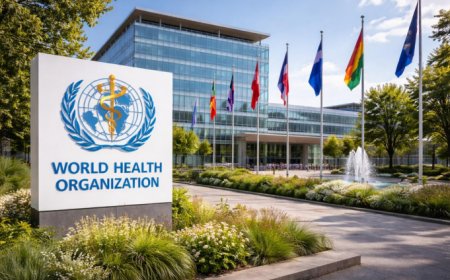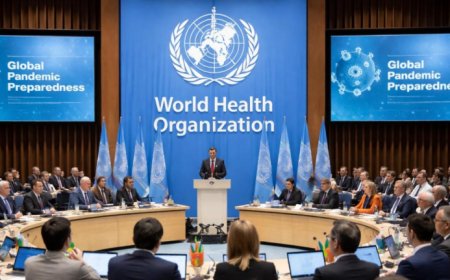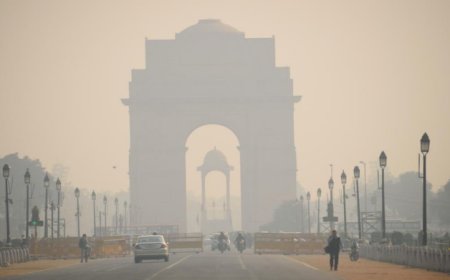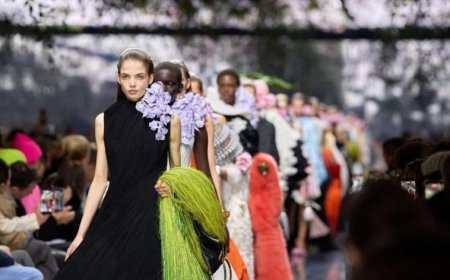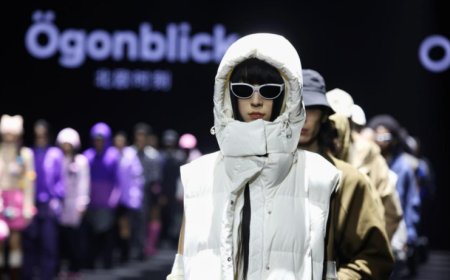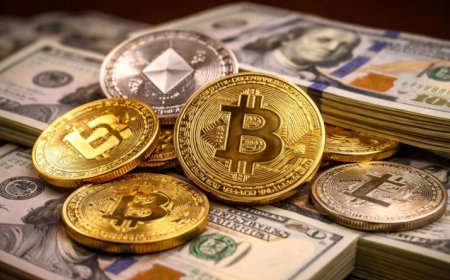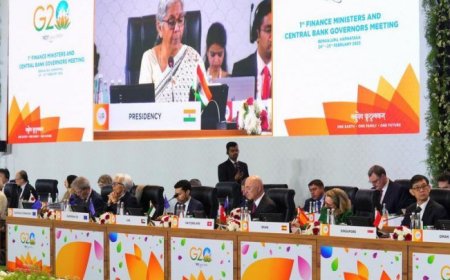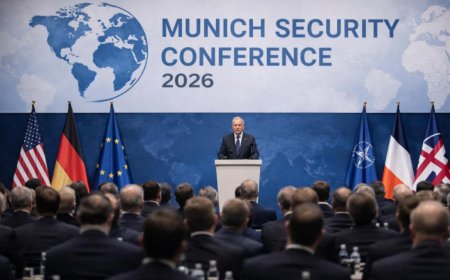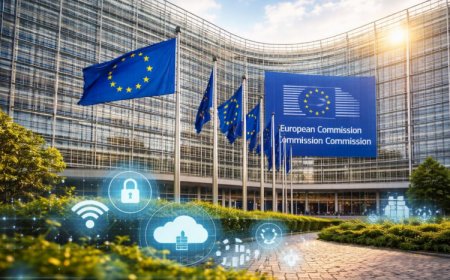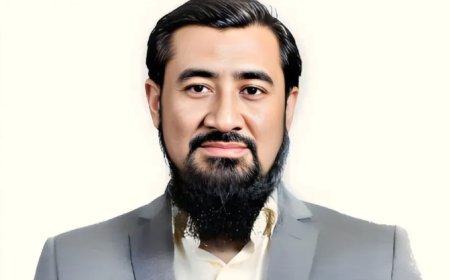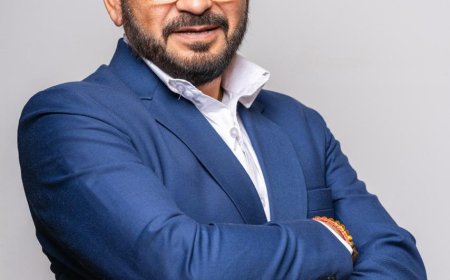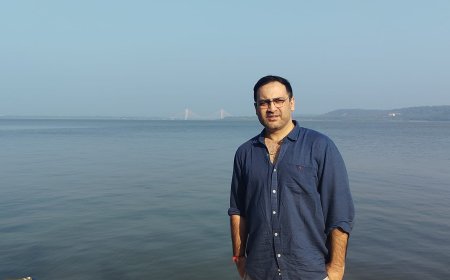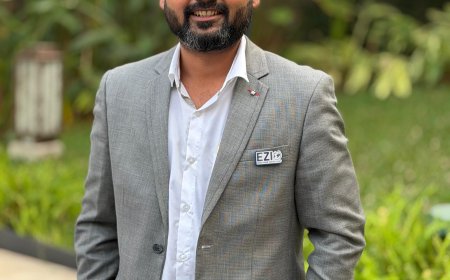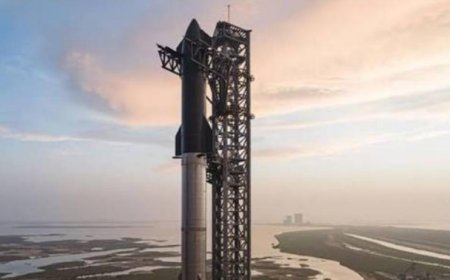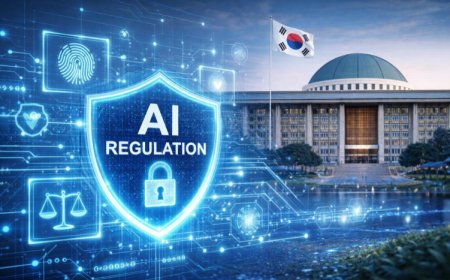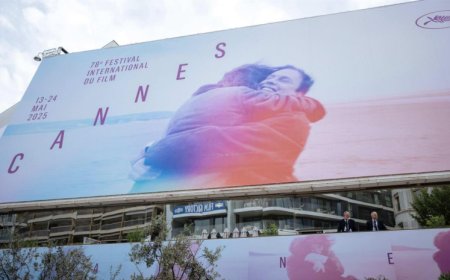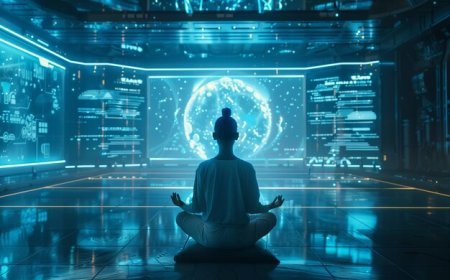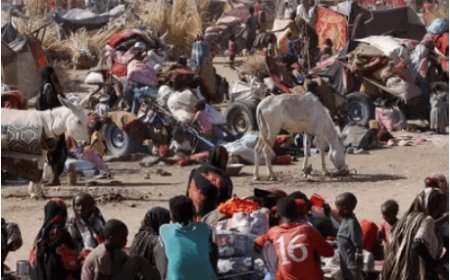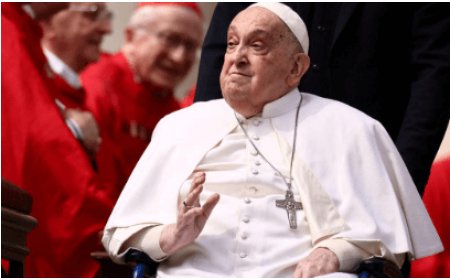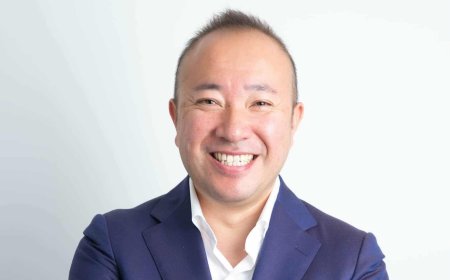Maria Corina Machado Wins 2025 Nobel Peace Prize, Spotlight on Venezuela’s Democratic Struggle
Venezuelan opposition leader María Corina Machado wins the 2025 Nobel Peace Prize. Discover why she was chosen, her journey, and what this means for Venezuela's democracy.
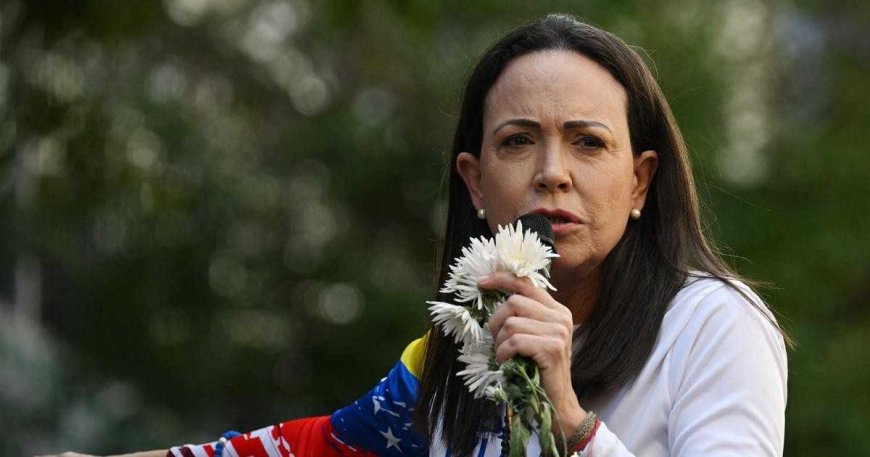
María Corina Machado Awarded 2025 Nobel Peace Prize for Democratic Struggle in Venezuela
In a historic announcement on October 10, 2025, the Norwegian Nobel Committee awarded the Nobel Peace Prize to María Corina Machado, the Venezuelan opposition leader. The prestigious award recognizes her relentless dedication to promoting democratic rights and her unwavering efforts to guide Venezuela toward a peaceful transition from authoritarian rule.
This decision places a powerful global spotlight on Venezuela's profound political crisis and honors a figure who has become synonymous with the peaceful resistance against Nicolás Maduro's regime.
Why the Nobel Committee Chose Machado
The Nobel Committee's official statement revealed that Machado "meets all three criteria stated in Alfred Nobel’s will." They specifically highlighted her success in unifying Venezuela's fractured opposition, her resistance to the militarization of society, and her steadfast insistence on a peaceful, democratic path forward.
Describing her as a "brave and committed champion of peace," the Committee honored her perseverance in what they termed a "growing darkness." This decision comes against the backdrop of Venezuela's severe democratic backsliding, characterized by electoral manipulation, suppression of dissent, economic collapse, and mass emigration.
Machado's Journey: From Engineer to Symbol of Resistance
Born in Caracas in 1967, Machado is a trained industrial engineer who first emerged as a prominent public figure as a co-founder of Súmate, a civic organization dedicated to electoral transparency. Her political career advanced when she served as a member of Venezuela’s National Assembly from 2011 to 2014, during which she became an increasingly vocal critic of President Maduro's authoritarian tendencies.
Her path has been marked by significant challenges. After winning the opposition's primary to become its 2024 presidential candidate, she was disqualified by Venezuelan authorities. Forced to campaign from the shadows, her movement famously collected vote receipts from across the country and broadcast results that directly contradicted the regime's official count, drawing international attention to electoral fraud.
Perhaps most telling of her commitment is her personal sacrifice. Facing serious threats to her safety and a looming risk of arrest, Machado has been forced into hiding within Venezuela over the past year. The Nobel Committee specifically noted that her decision to remain in her country rather than flee into exile "inspires millions."
Global Reactions and the Prize's Wider Significance
Upon hearing the news, Machado reacted with shock and humility. In a video message, she stated that the honor belonged not to her personally, but to "a whole society fighting for freedom."
Internationally, the decision has been widely welcomed by human rights organizations and governments as a robust signal of support for Venezuela's pro-democracy movement. By honoring Machado, the Nobel Committee has reaffirmed its pattern of recognizing leaders who champion civic rights and peaceful resistance against repression, sending a resonant message at a time when democratic norms are under pressure worldwide.
What Comes Next for Venezuela and Machado
The formal award ceremony is scheduled for December 10, 2025, in Oslo. There, Machado will receive the traditional Nobel gold medal, diploma, and monetary award.
In the crucial months ahead, the world will be watching to see how this elevated global platform influences Venezuela's internal politics. Key questions remain: Will this recognition strengthen protections for dissidents on the ground? Can it increase diplomatic pressure on the Maduro regime? The 2025 Nobel Peace Prize has not only honored María Corina Machado's past courage but has also armed her movement with a powerful new tool in the ongoing struggle for Venezuela's democratic future.
